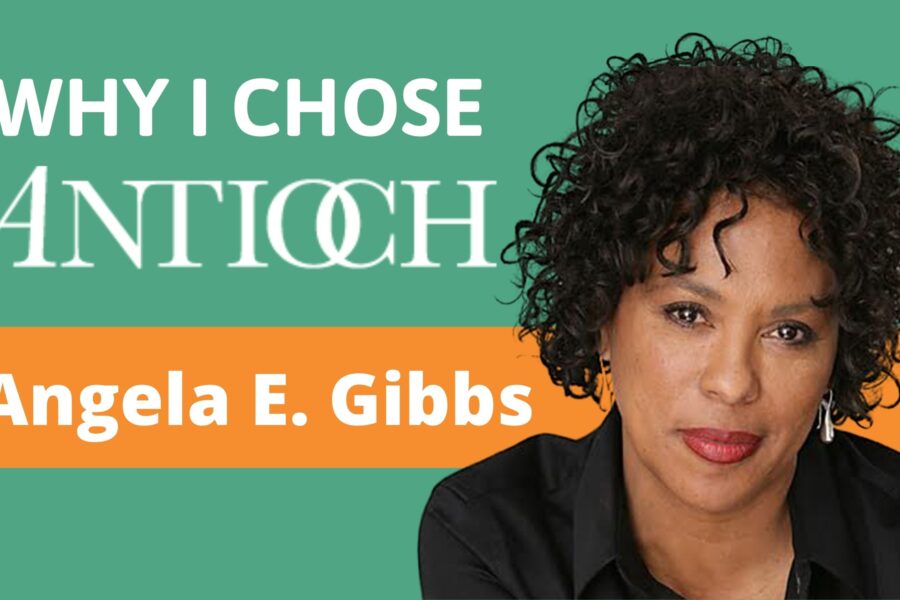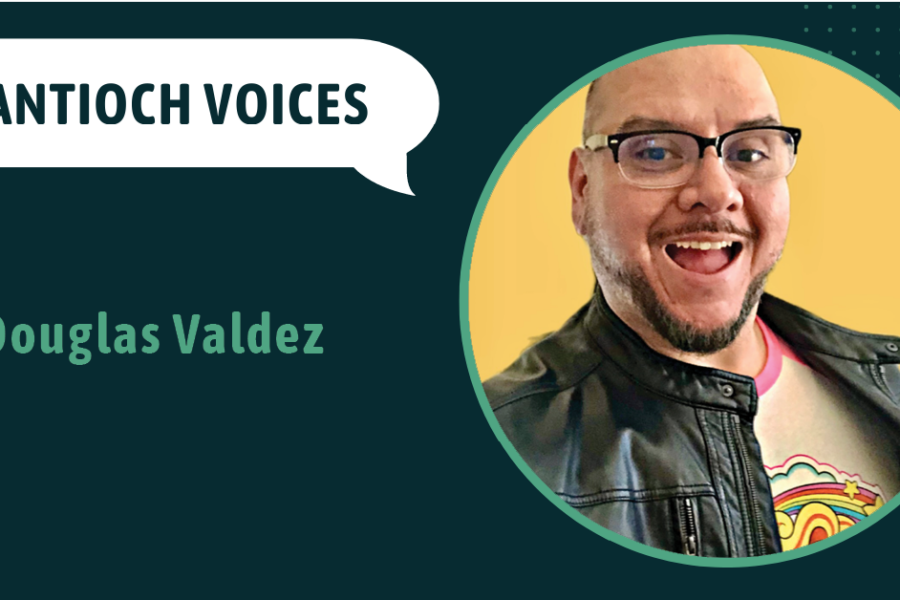“Education needs to have different stories,” Mariameé Gonzalez says. And she’s working to do exactly that, to bring those different stories to the Antioch Seattle classroom and to expand the definitions of what healing looks like in her new course in Antioch’s PhD in Counselor Education & Supervision program, “Global Mental Health.” In this course she pushes her students to examine how wellness is constructed—and to realize that mental health does not look the same in all countries. And this isn’t simply for curiosity’s sake. Students in the course work to understand how these concepts are shaped by culture, so that as future practitioners they can treat their clients in ways that match their cultural needs. “Getting outside of what we’ve been taught allows us other ways to heal,” she says.
In part, Gonzalez is working to counter the ways that the field she works in has too often centered white, European culture. She sees the ways that many PhD programs use models of health and wellness that are inscribed with values shaped by white supremacy, colonization, hetero-normativity, and capitalism. This can cause a disconnect between future counselors and the world, because many people’s experience of wellness and healing differ widely from these dominant cultural norms.
Challenging these frameworks is the reason why Gonzalez sought to create this class. “Our program is rooted in liberation,” she says. The class is more than a foundation for students, it’s necessary groundwork to integrate global nuance into the mental health field as a whole.
Using Personal Perspectives to Define Culture
Gonzalez wanted to create a community that honors global cultural narratives through the process of liberation work. Liberation work raises awareness of discrimination, inequality, and how systems affect people differently. It works to affirm identities, promote social justice, and fight oppression. This is a framework she is rooting her classroom in, but it traces all the way back to her roots. Born in San Juan, Puerto Rico, Gonzalez’s family moved to the United States because of the reverberations of her father’s political activism there in the 1970s. Gonzalez incorporates many Latinx narratives to shape the global context of her class.
One key concept to liberation work is understanding not only others’ places within these social systems, but also your own. This is called positionality. When a person wants to talk about and understand other people’s stories, in Gonzalez’s class they first work to understand the ways their ideas about the world are shaped through their identity.
The class explores cultural interpretations of mental health and mental illness towards the larger recognition that mental health is always cultural. This means that Western models of thought and care are also understood to be culturally rooted—not objective truths. By beginning with learners’ own perspectives and positionalities Gonzalez helps students understand what cultural biases and new possibilities they bring to the classroom.
Expanding to a Global Perspective
The remote course uses lectures, readings, and discussion to teach students about different cultural constructions of mental health. In-depth case studies from different countries create new ways of looking at treatment. Students practice skills like research, interviewing, and writing to incorporate what they’ve learned and hone existing skills in new contexts.
“It’s a little bit of an anthropology class,” Gonzalez says. And this global context is important. Without understanding the way a culture exists and works, it’s difficult to understand the mental health needs of a person who is rooted in that culture. Anxiety, grief, fear, and success will look different depending on what a person’s culture finds important—which helps determine the narratives they use to understand the world. As Gonzelez says, “We’ve got to be more open.”
The class also looks at the history of how American-centric views have spread to other cultures around the world through texts such as Crazy Like Us: The Globalization of the American Psyche by Ethan Watters. This work traces colonial lineages of common perceptions of mental health and wellness.
Ultimately, “Global Mental Health” is more than one course on the path that leads PhD students to become teachers and counselors—it is also an opportunity for these students to become better global citizens. By studying how Western thought has shaped ideas around mental health and other countries’ narratives, students in this course can train future counselors to provide culturally competent care.
“We need to learn how to be thoughtful around change,” says Gonzalez. Her course offers the opportunity to create that change in the classroom and beyond.




